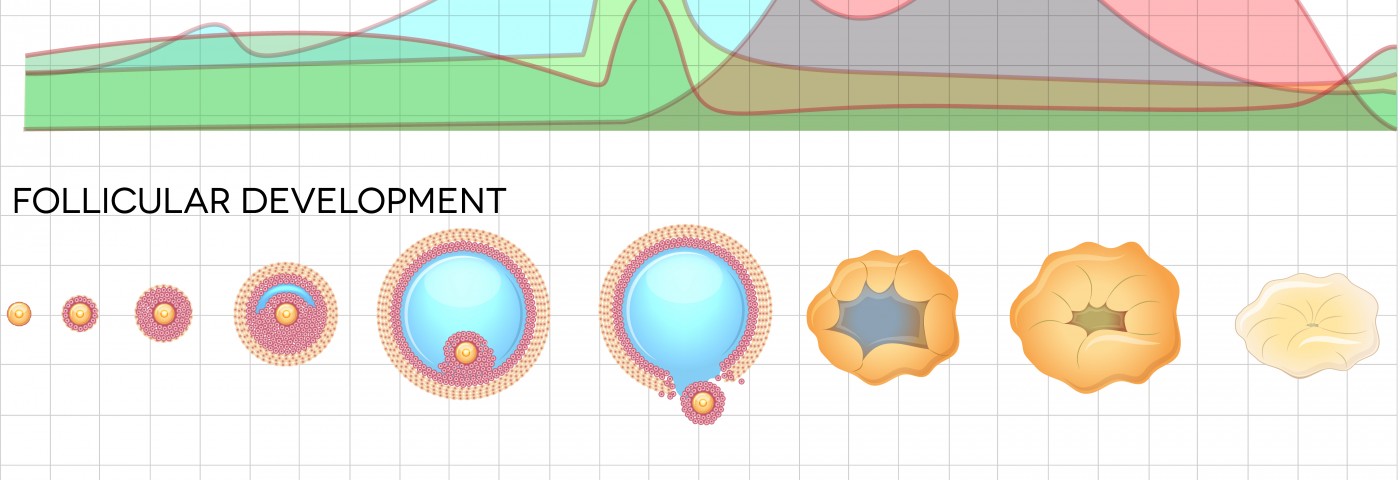In a new study entitled “Estrogen receptor β modulates apoptosis complexes and the inflammasome to drive the pathogenesis of endometriosis,” researchers at Baylor College of Medicine in Houston, Texas explored how high levels of estrogen receptor-β (ERβ) expression in endometriosis cells impacts disease progression. The team discovered the mechanisms by which increasing ERβ expression inhibits immune system-induced cell death in endometriotic lesions while promoting cellular growth through IL-1β, a membrane-bound receptor. The study was published in the journal Cell.
Endometriosis is a condition affecting approximately 6% to 10% of all reproductive-aged women, characterized by an abnormal growth of the tissue normally lining the inside of women’s uterus — the endometrium — outside the uterine cavity (endometrial implant). Its major symptoms include pelvic pain and infertility. Endometriotic lesions have previously been found to contain higher levels of intracellular estrogen receptor-β (ERβ) when compared with normal endometrial tissue, however, the implications of this increase in endometriosis pathogenesis had remained unknown.
In this study, a team of researchers used mice models to show that induced loss of ERβ expression resulted in a reduction of endometriotic lesions’ volume and decreased cellular proliferation while promoting cell death (by a process known as apoptosis). On the other hand, overexpression of ERβ increased endometriotic lesions’ volume and proliferation while decreasing cellular death. Moreover, the team found that ERβ overexpression recruited and bound to different proteins that ultimately disrupt cellular death induced by TNF (short for tumor necrosis factor), a group of cytokines involved in systemic inflammation and immune surveillance by the immune system. The researchers also discovered that human endometriotic immortalized cells overexpressing ERβ produced high levels of IL-1β, which was previously shown to promote adhesion and proliferation of endometric cells.
Overexpression of ERβ protects endometriotic cells from an immune system-induced death, promoting endometriotic lesions’ growth, according to the findings of the study. As a result, the researchers propose that targeting ERβ activity could be a potential strategy to increase both specificity and efficiency of endometriosis treatments.

